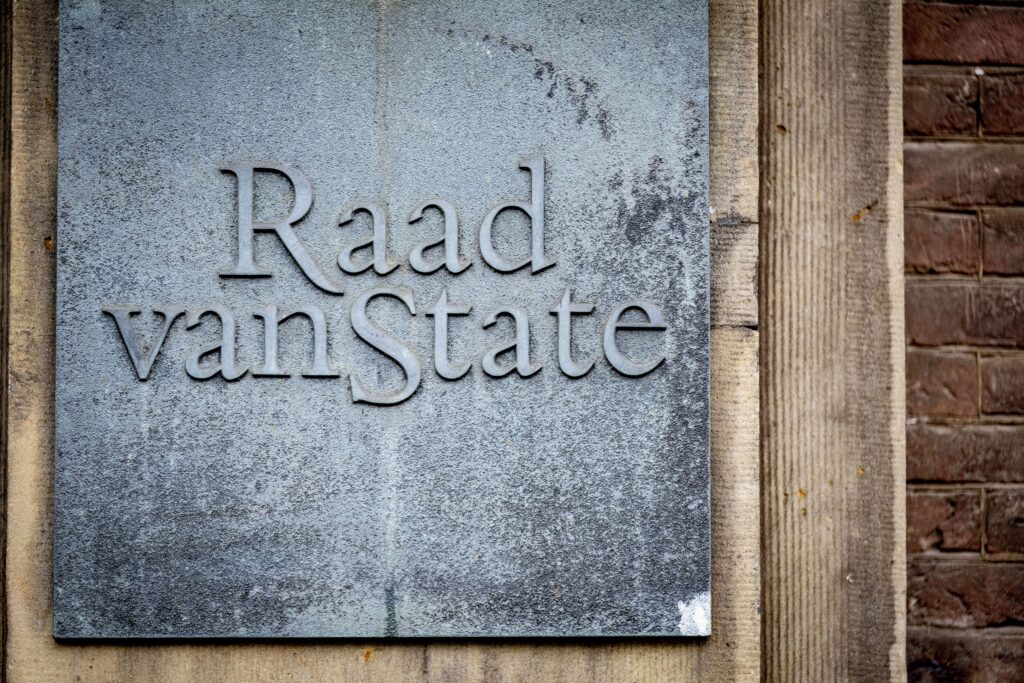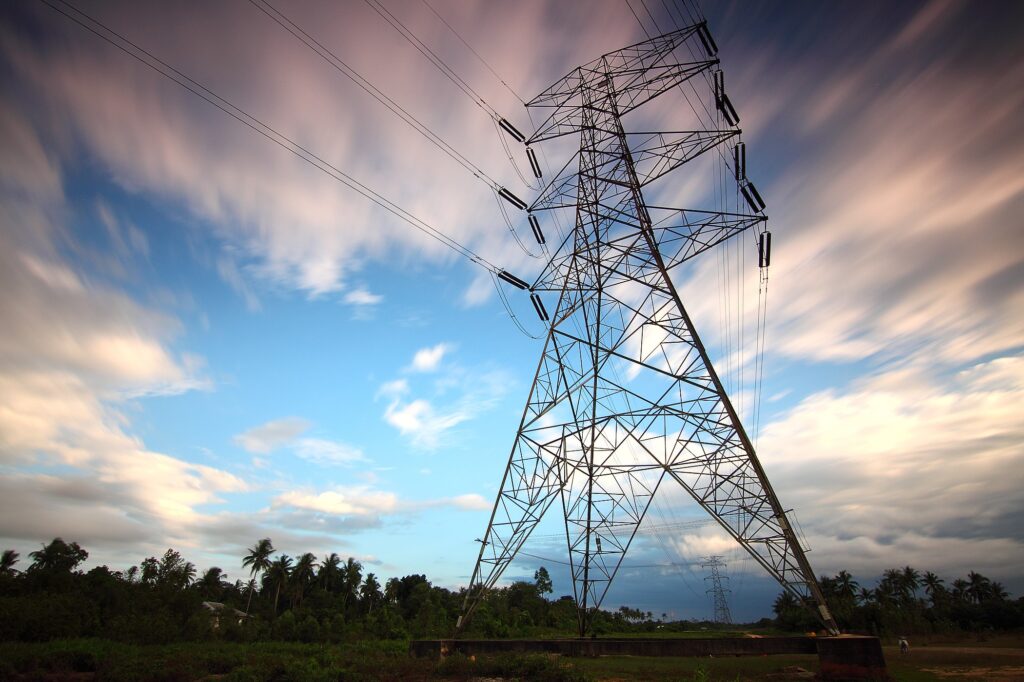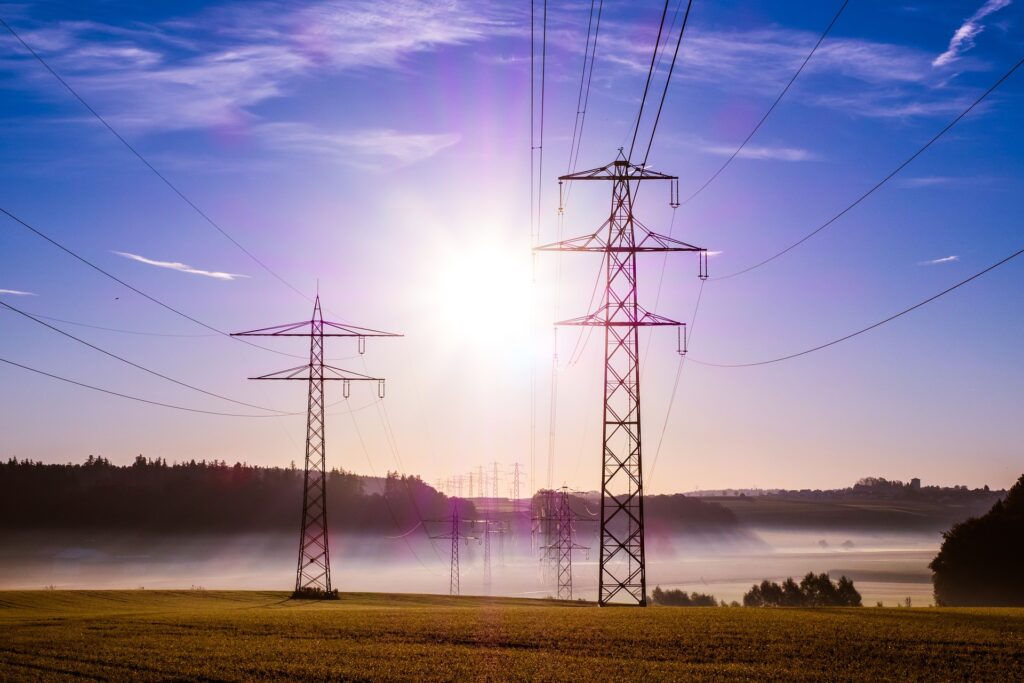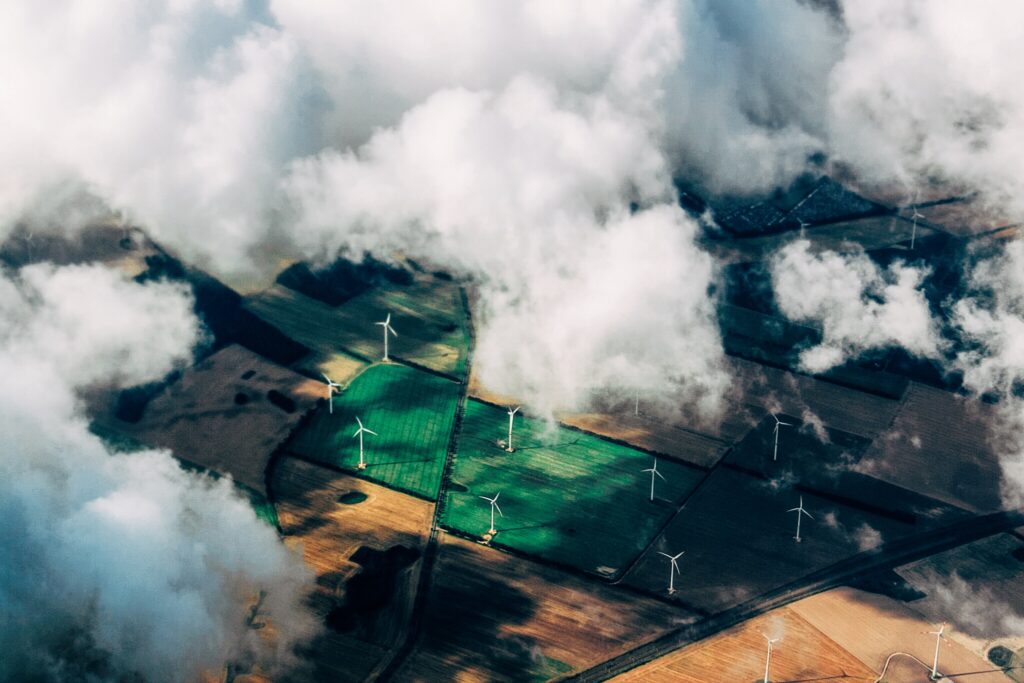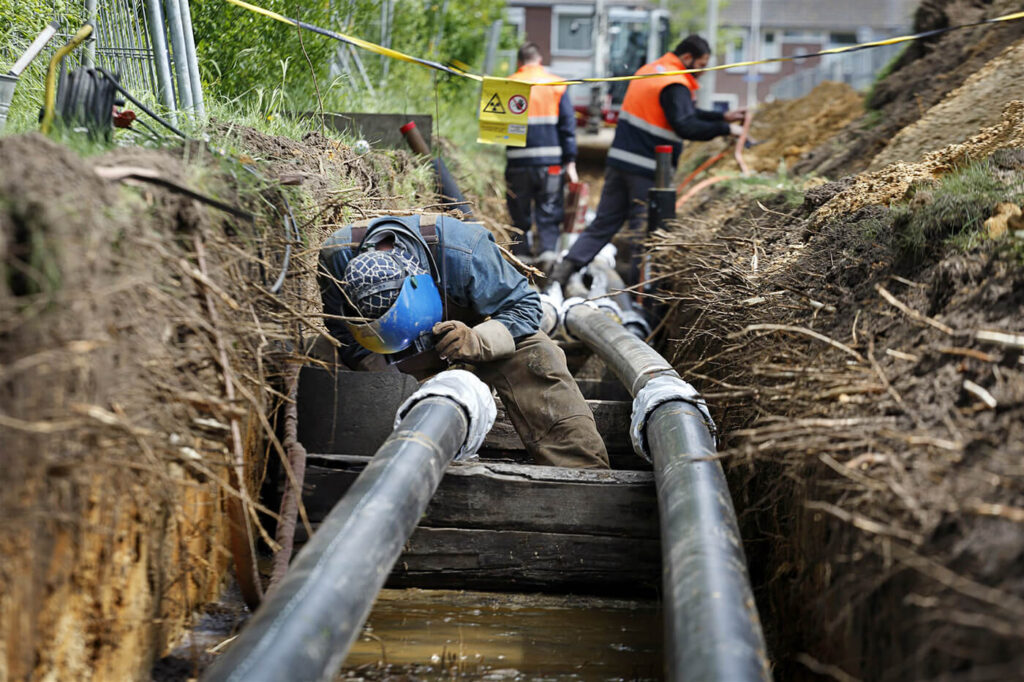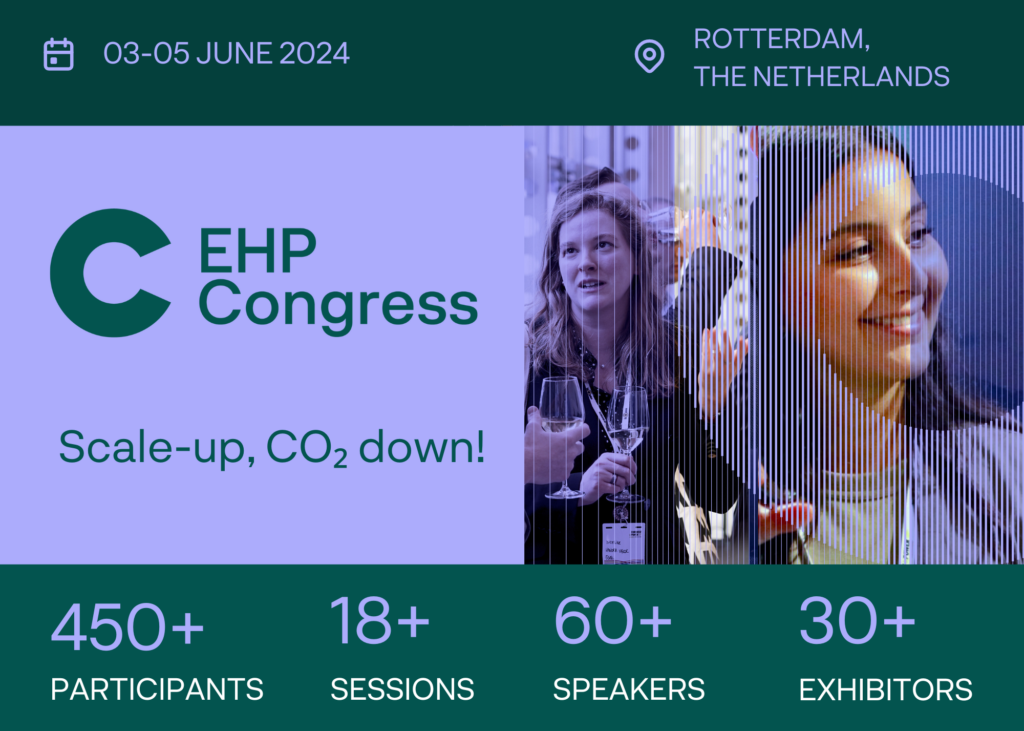Members of Parliament will discuss the Energy Act in the coming weeks. After a technical briefing last week, the roundtable discussion took place today. MPs could ask experts questions before the content of the law is discussed. Energie-Nederland’s main call was to speed up the law and ensure a clear energy comparison for consumers.
The current Electricity Act and Gas Act are in urgent need of modernization. This new law forms the basis for a large number of necessary changes to the energy system. For example, how do we deal with energy production if there is a variable supply of sun and wind, with electrification in transport, heating and in industry, and with a consumer who wants to be active, for example with (local) energy communities. European regulations from the ‘Clean Energy Package’ also have yet to be introduced. Without the Energy Act, all these new developments will be blocked or further delayed.
The new law makes it possible for users to better influence their energy costs. For example, we say goodbye to generic consumption profiles (for everyone with a smart meter) and switch to ‘smart meter allocation’: the actual consumption in fifteen minutes/hour will then play a much more direct role. Suppliers can then more easily offer different prices for multiple periods per day. This will no longer be day/night, but a different distribution depending on price formation on the energy market and the purchasing strategy of the supplier in question.
A legal basis is needed to have all that data processed by the grid operator as standard. The Energy Act carefully regulates this. Users will also soon be able to give permission for energy data to be used for other products and services, which will enable more targeted sustainability and make it easier to monitor energy consumption and costs.
Some points that Energie-Nederland has made:
Prompt treatment without complicated adjustments
During the round table discussion, Energie-Nederland appealed to MPs to deal with the Energy Act expeditiously and not to weave new complicated topics into this law, such as energy sharing. This can be better involved in the implementation of the European ‘Electricity Market Design and Decarbonisation package’ that is planned soon.
Placing costs on the perpetrator
An active customer is an end customer who offers self-generated energy on the market: for example, a household that supplies energy back to the grid with solar panels or offers storage services with a battery. The new Energy Act will provide more opportunities to be active in the energy market. This can be beneficial, but it also causes costs for energy suppliers. The supplier will have to settle these costs with all customers, which will increase the energy bill. Energie-Nederland advocates being able to charge the costs to the perpetrator. In this way, end customers who do not want or cannot be active are not forced to contribute to these costs.
Fair energy comparison for consumers
The Energy Act offers consumers access to comparison tools that compare offers from multiple energy suppliers. For a correct comparison, requirements can be imposed that benefit the quality of the information provided to consumers. Energie-Nederland advocates that the correct requirements are imposed on all parties that use comparison instruments. This concerns, for example, transparency requirements, the revenue model behind the comparison instrument and the extent to which the comparison is complete. This benefits both the market and the consumer.
After today, there will be two more legislative consultations and a plenary discussion to discuss the Energy Act.
Energie-Nederland’s full contribution to Members of Parliament can be found here.

